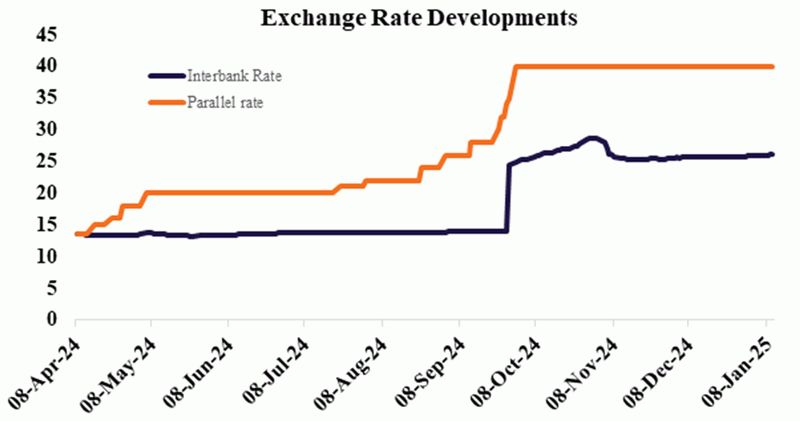
THE short-term insurance sector is reeling in a crippling crisis as debts running into millions of dollars have accumulated due to clients struggling to pay premiums.
This has pushed the industry to lobby the government for legislation that ensures a cash upfront model for insurance policies.
The Zimbabwe Independent understands that there is a huge debt stock as individuals are failing to settle premiums in local currency.
This comes at a time when the central bank cleared legacy debts, including those from the insurance sector.
Should shareholders fail to inject fresh capital to fund insurance companies, market watchers have raised fears that some firms were likely to collapse.
According to deliberations at the just-ended Insurance Institute of Zimbabwe (IIZ) annual conference in Victoria Falls, the sector is struggling to comply with a number of regulatory obligations.
Former Zimbabwe Association of Reinsurers (Zaro) chairperson and managing director for Emeritus RE Insurance Leo Huvaya told the Independent on the sidelines of the conference that the debt issue was a headache.
“It’s an economic problem; people don’t have money. You find that when you are insuring your property, say your motor vehicle, people might not have the cash but if it’s RTGS, you then have to constantly review the sum insured. It means more premium, an amount someone might fail to settle.
- Mavhunga puts DeMbare into Chibuku quarterfinals
- Bulls to charge into Zimbabwe gold stocks
- Ndiraya concerned as goals dry up
- Letters: How solar power is transforming African farms
Keep Reading
“So people are taking longer to pay. If they fail to pay, it’s a debt to the insurance company. It’s affecting companies and it's not only in local currency but even in USD. Those with USD policies usually pay earlier and there is no hyperinflation with USD; hence no review,” Huvaya said.
He added that in other African jurisdictions, insurers had successfully implemented the no payment, no cover policy, which Zimbabwe was failing to undertake.
Huvaya complained bitterly about levies paid to the regulator based on a gross premium written, implying that companies were making payout for money not received. He said enacting statutory provisions would solve the problem.










